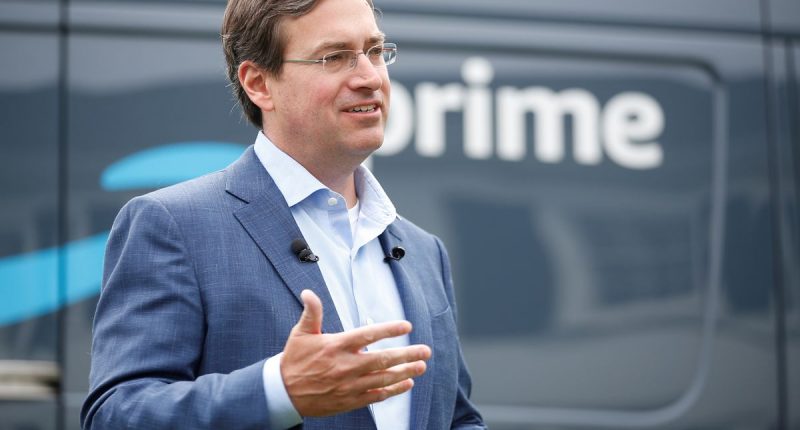At the beginning of the month, Amazon veteran and its worldwide consumer chief Dave Clark announced his resignation from the company, ending an association of 23 years with the e-commerce behemoth. Now, nearly a week later, he has announced joining the multi-billion logistics software startup Flexport, as its co-CEO.
Starting September 1, Clark will be co-CEO for a period of six months, following which he will become the CEO of the supply chain software startup. In March 2023, the current CEO (and founder) of Flexport, Ryan Petersen, will transition into the role of the company’s executive chairman.
Clark will also join Flexport’s board as he starts his tenure as the co-CEO, a few months later after he leaves Amazon in July. No replacement has been named by Amazon, but CEO Andy Jassy said the company would announce an update “over the next few weeks.”
“Over the last two decades, Dave helped scale Amazon into the technology and supply chain juggernaut it is today,” Petersen said in a statement. “He is a builder and an entrepreneur at heart, with the leadership experience that will shepherd Flexport into the most exciting phase of our journey.”
“I am fortunate to have the opportunity to partner with an incredible team who are building a customer-first, rocket ship of a company focused on architecting and building solutions for the most complicated supply chain problems through world-class technology for the physical world,” Clark wrote in a LinkedIn post.
The Amazon veteran will bring to the table his expertise in logistics and fulfillment systems. This will be beneficial for the nine-year-old Flexport, which was valued at $8 billion this February after it raised $935 million in a Series E funding round.
It is backed by several high-profile names such as Andreessen Horowitz, SoftBank, Shopify, and others. The startup is known to provide cloud-based freight forwarding and brokerage services for ocean, air, truck, and rail, as well insurance and customs compliance. It has over 3,500 people across 23 offices worldwide, including a Seattle office that was opened in 2019, and clocked $3.3 billion in revenue last year.
The Tech Portal is published by Blue Box Media Private Limited. Our investors have no influence over our reporting. Read our full Ownership and Funding Disclosure →






